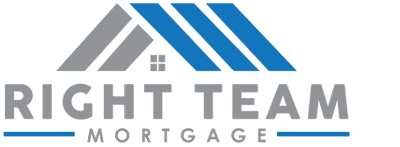Open mortgages, closed mortgages, variable mortgages, oh my! All of the mortgage terms out there are enough to make your head spin. That’s why we wanted to give you an overview of some mortgage terminology, to help you make sense of this sometimes confusing language. Here are some mortgage terms you need to know:
Insured mortgage: if you’re making a down payment of less than 20% of the price of the home, then you’ll have to have mortgage default insurance. This protects the mortgage provider who’s providing a loan without the security of a substantial down payment.
Conventional (Uninsured) mortgage: if you’re making a down payment of more than 20% of the price of the home, then your mortgage doesn’t require mortgage default insurance.
Variable mortgage: the interest rate fluctuates with the Bank of Canada’s prime lending rate.
Fixed rate mortgage: fixed-rate mortgages guarantee a fixed interest rate for the length of your term.
Closed mortgage: a closed mortgage can’t be repaid without prepayment penalties during its term, except if there are exceptions in the mortgage agreement.
Open mortgage: an open mortgage allows repayment of your mortgage at any time, without penalty, but typically has higher rates.
Amortization period: the length of time over which you expect you pay off your mortgage. It typically ranges from 15-25 years.
Mortgage term: your term is the amount of time that you’re committed to your mortgage provider, interest rate and payment options. At the end of your term, you can choose to either renew your mortgage under the same conditions but at a new interest rate based on the current market, renegotiate your mortgage with the same provider or move your mortgage to a different provider.




